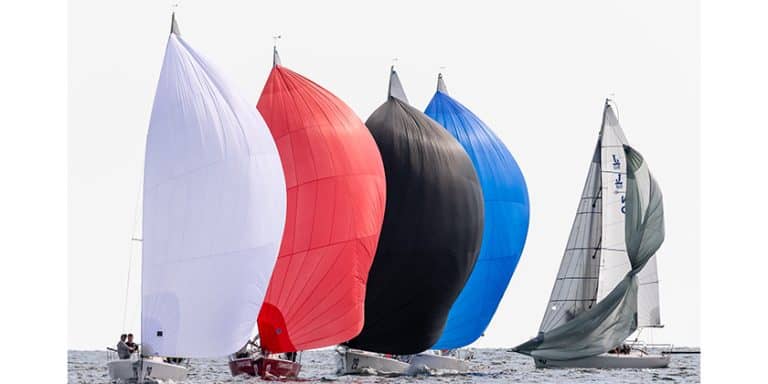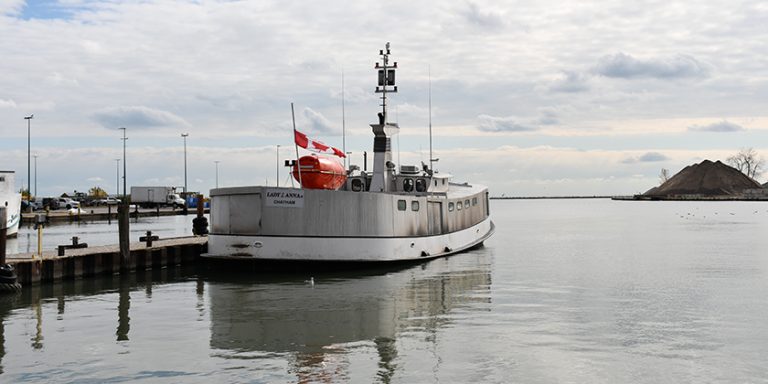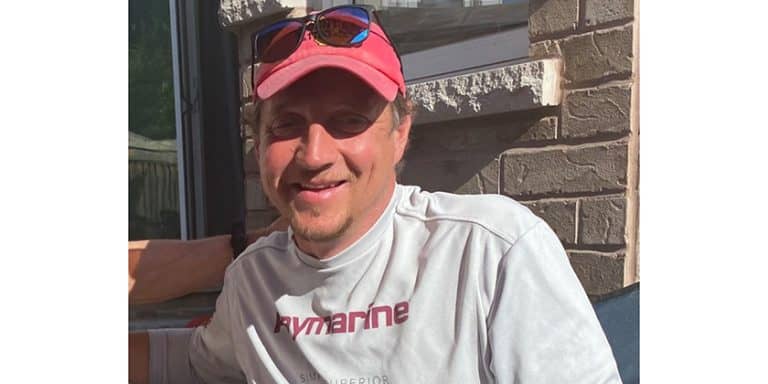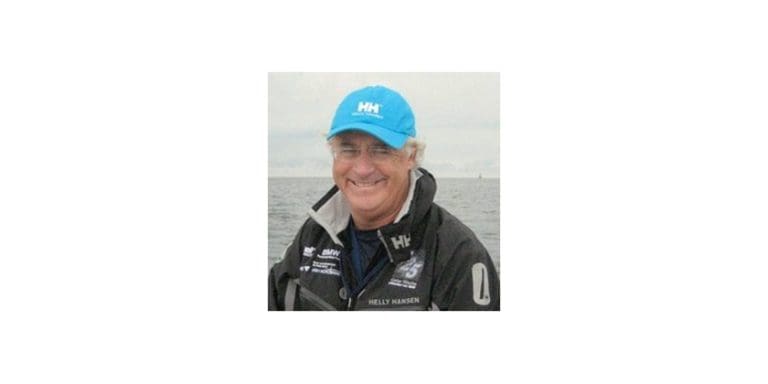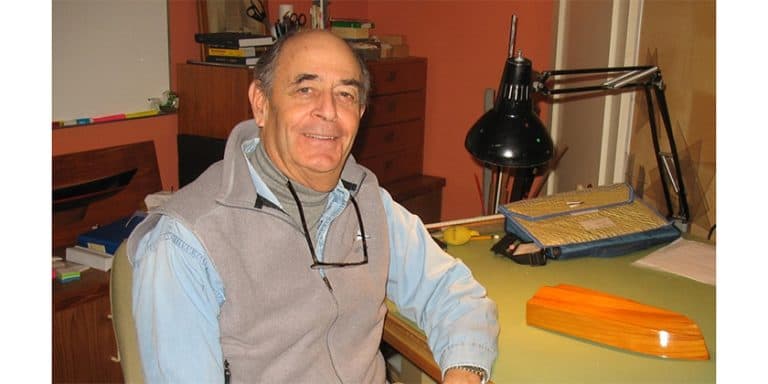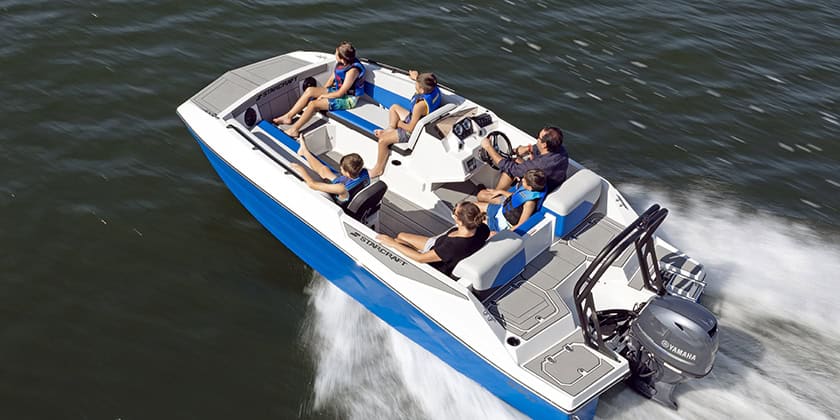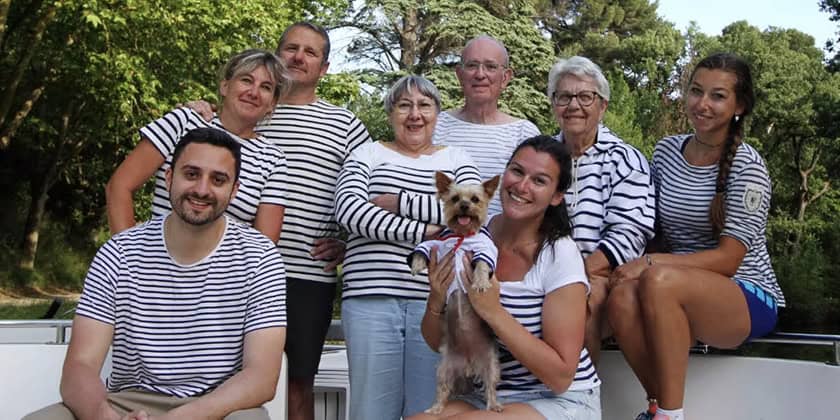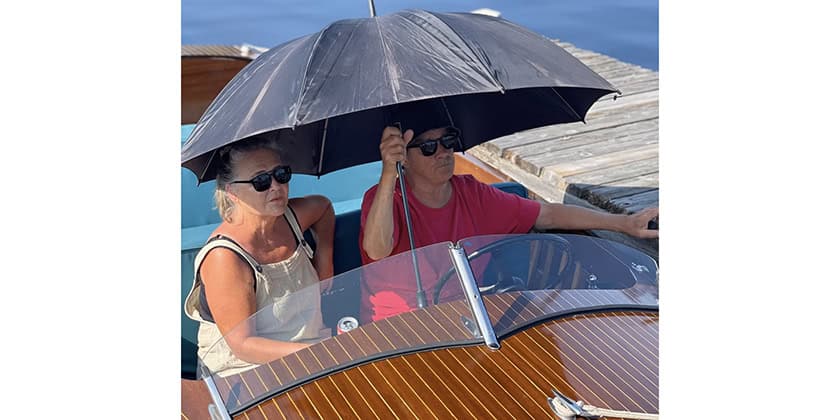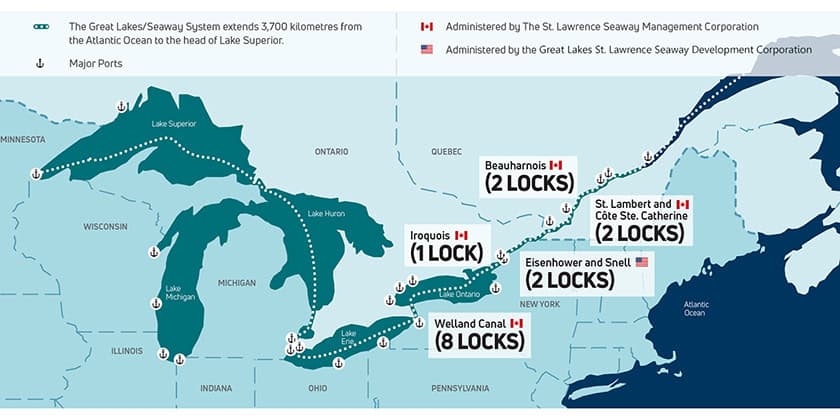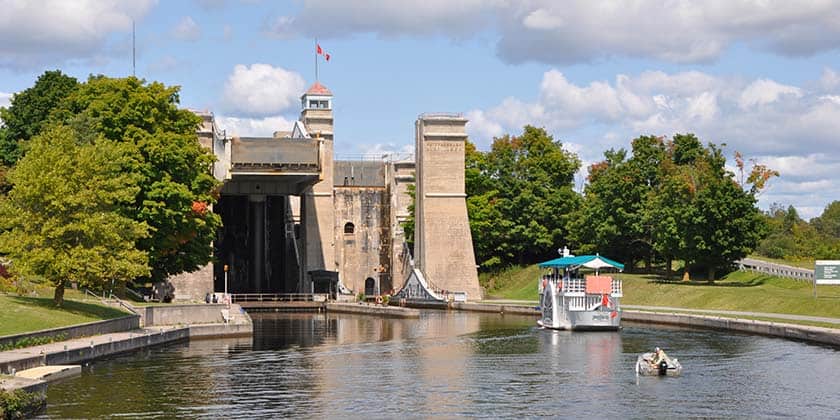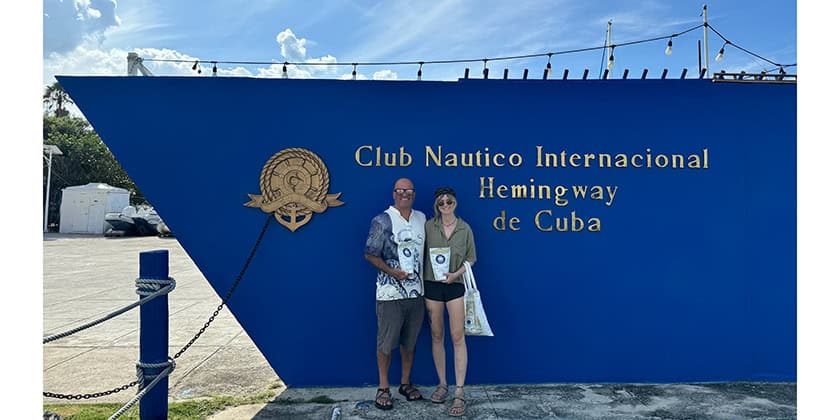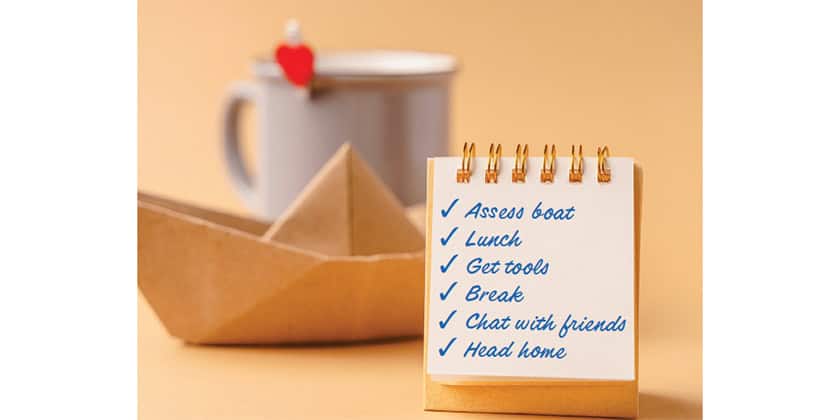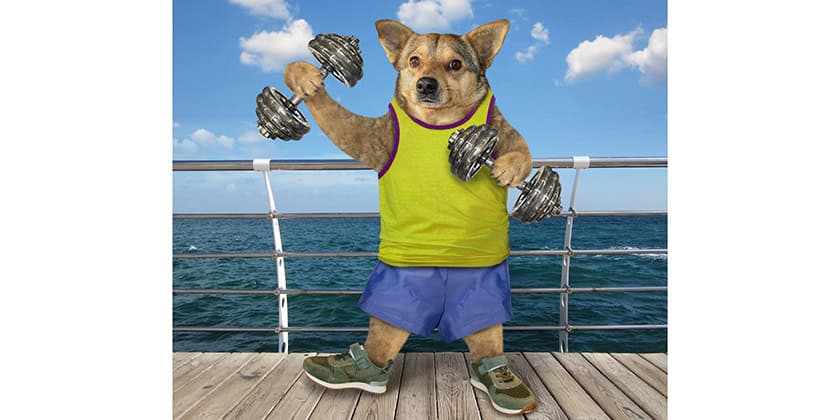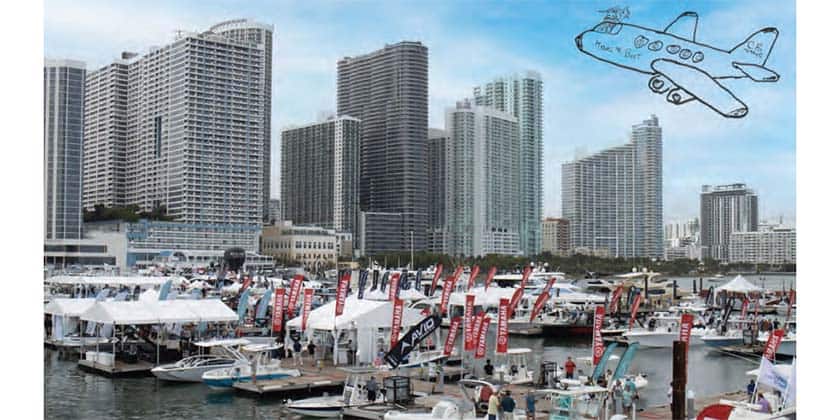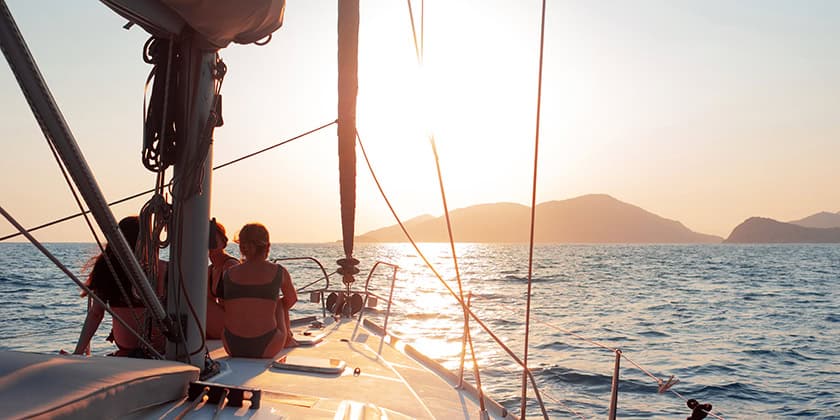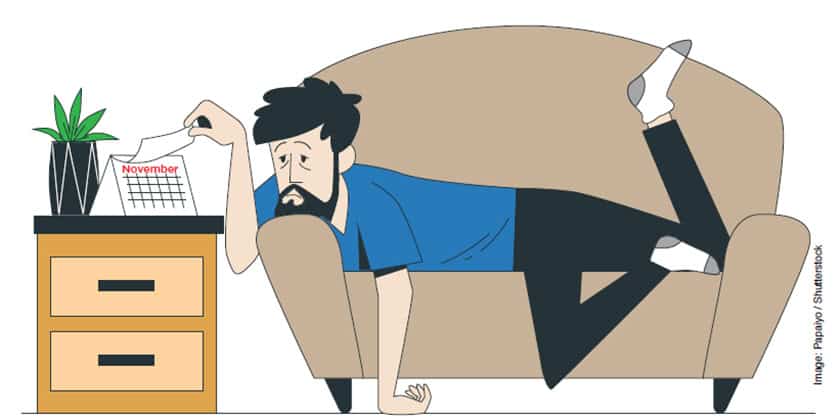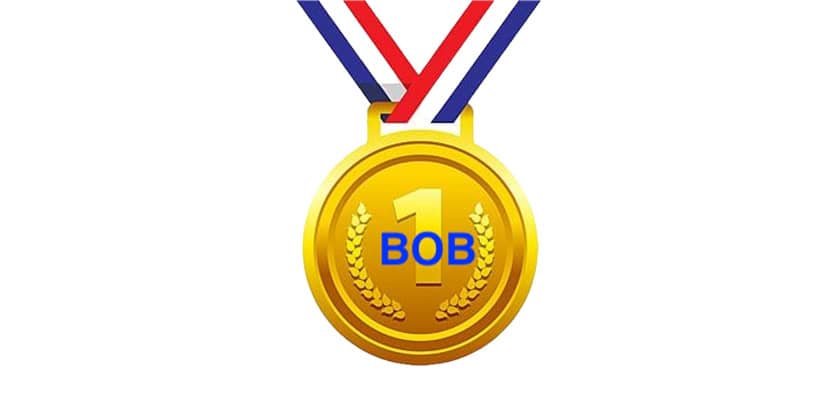Value of Volunteers
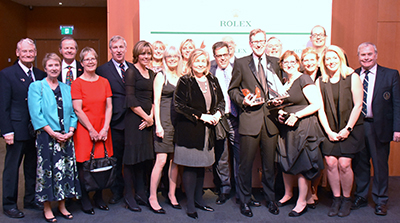
By Katherine Stone
It is always an interesting dilemma when crossing into another country; what exactly should one say to a Border Official?
Why are you travelling to our country?
An answer that entails “officiating at a regatta” will land you in the customs office with no sign of parole until a member of the regatta organizing authority is called to vouch for your identity, your credentials, your criminal record, unpaid status and the fact that the event requires an international race official.
Unlike many other sports, sailing officials are volunteers and are not paid for their services. On the other side of the coin, sailing is technically an “amateur sport” without high paid athletes. However, its officials need qualifications to do their “jobs”. A lowly NFL referee can only make up to $120,000, an NHL official $255,000, and NBA and MLB referees/umpires get a mere $300,000.
So, let’s back track to research what exactly being a volunteer entails. The dictionary defines it as a person who voluntarily offers himself/herself for a service or undertaking, a person who performs a service willingly and without pay, or someone who gives time, effort and talent to a need or cause without profiting monetarily. There are many definitions for volunteering but no universal agreement on the wording. In 2010, 13.2 million (46%) of Canadians over the age of 15 volunteered hours with an annual average of 154 hours/person. In 2013, that number dropped to 12.7 million (42%).
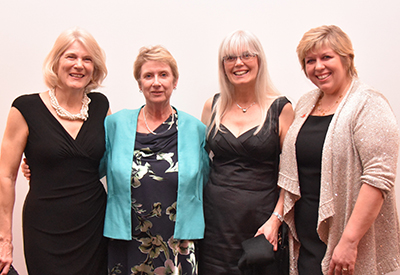 In 2013, 28% of all Canadian volunteers were aged 55 and older, compared with 26% in 2010, 24% in 2007 and 23% in 2004. Older people, when they volunteer, are more likely to do certain types of activities. For example, in 2013, 42% of volunteers aged 55 and over, sat on a committee or board. Those numbers certainly hold true for sailing officials. The big difference being that our volunteers are out on the water all day – they climb in and out of boats, watch for illegal propulsion, haul anchors, inflate marks, keep tabs on the weather, take wind readings, record finishers (for over 100 lasers with 6 digit numbers all finishing within 5 mintues of one another!), time starting sequences and watch starting lines (and racers who return after OCSs).
In 2013, 28% of all Canadian volunteers were aged 55 and older, compared with 26% in 2010, 24% in 2007 and 23% in 2004. Older people, when they volunteer, are more likely to do certain types of activities. For example, in 2013, 42% of volunteers aged 55 and over, sat on a committee or board. Those numbers certainly hold true for sailing officials. The big difference being that our volunteers are out on the water all day – they climb in and out of boats, watch for illegal propulsion, haul anchors, inflate marks, keep tabs on the weather, take wind readings, record finishers (for over 100 lasers with 6 digit numbers all finishing within 5 mintues of one another!), time starting sequences and watch starting lines (and racers who return after OCSs).
When they are done with that, they review protest applications, post hearings, line up appellants, listen to endless testimony, fill out paperwork, or check their recorders for appeals on OCSs and finishes.
Even before the regatta starts they have been involved in securing qualified personnel, drafting a Notice of Race, Sailing Instructions, sitting on organizing committees, dealing with an unending line-up of logistics, upgrading their qualifications or attending professional development courses. They are the roots of strong officiating who have a profound and lasting impact on the sport of sailing. They are highly qualified and organized and sometimes managing them is challenging.
Sail Canada’s Race Management Program has been developed to provide competent regatta management skills for volunteers organizing and running sailing competitions. The program consists of four levels, starting with an Assistant Race Officer who assists in the running of a race as a member of the Race Committee. Certification requires successful completion of a Race Management Course. At the top of the Canadian pyramid is the National Race Officer who must manage the ‘on-the-water’ operations of national and international championships of above average size and complexity, is familiar with all racing formats, has experience conducting multi class regattas, and sitting as a member of the OA. Certification requires a minimum of two years as an RRO, successful completion of the Advanced Race Management Course, experience at different venues and an ‘on-the-water’ assessment.
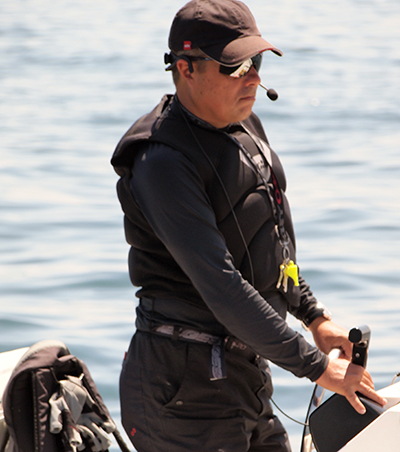 What makes a good judge? The person must display a confident knowledge and understanding of the Racing Rules of Sailing, be unbiased in their judgments, be a sympathetic arbitrator and draw on their personal experience to reach sound decisions.
What makes a good judge? The person must display a confident knowledge and understanding of the Racing Rules of Sailing, be unbiased in their judgments, be a sympathetic arbitrator and draw on their personal experience to reach sound decisions.
SAILING TO WIN SAILING FOR LIFE Judge Program overviews three Levels of Sail Canada Judges from Club to National Judges. Criteria include attending seminars, passing a written test, practice, protest committee work, Race Committee experience, reporting /record keeping and continued active participation in racing.
Sail Canada’s Umpire Program trains Canadian judges to become effective on-the-water umpires. Umpires are used in match racing and team racing to make instant decisions on protests initiated by competitors. Sail Canada certifies Canadian and Senior Canadian Umpires. Both require an individual to be at least certified at the Sail Canada Canadian Judge level, attend a Sail Canada approved umpire training clinic, pass the Sail Canada standard umpire knowledge test and demonstrate instant rule knowledge as well as proper boat positioning for calls.
I haven’t even touched on all those volunteers at regattas and your boating clubs who put in countless hours of their “spare” time on committees, securing sponsors, helping out with BBQs, hauling/launching boats, cleaning up boatyards, repairing sailing school boats, billeting athletes and the list goes on.
So, remember to get to know them and thank them. Officially, Volunteer Week is April 10-16, 2016 – but you don’t have to do it then! Remember that they’re the roots of our strong clubs and sport. They have a resilient, profound and lasting impact on our most cherished recreational pastime. Most of them are not interested in traditional recognition methods – but they DO want to know that they made a difference. One size does not fit all. Some like a thank-you note, some a handshake, most enjoy a free meal, and the least we can do is cover their transportation costs and billet them with other volunteers from your club.
If you aren’t already part of the 12.7 million Canadians who do volunteer, maybe you would find it rewarding to become one.
Photo Captions:
Photo 1 – Some of the 2016 PanAm Games volunteers
Photo 2 – Some of our judges clean up well too!
Photo 3 – Some volunteers take their jobs very seriously – just like Paul Clissold


